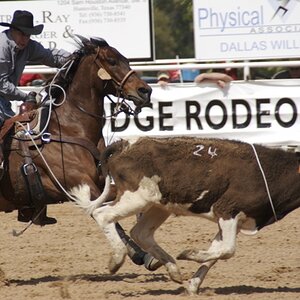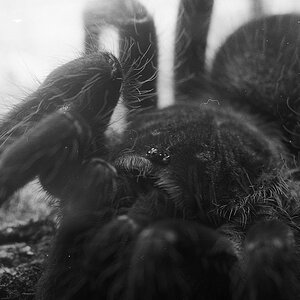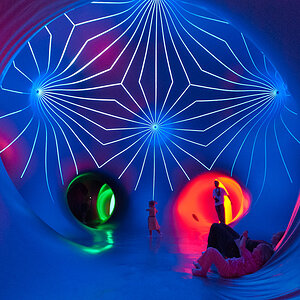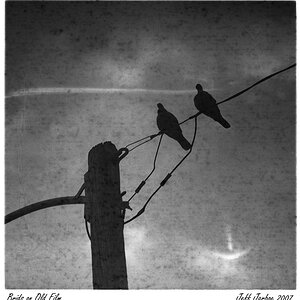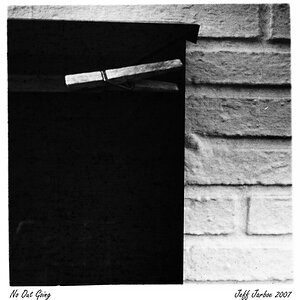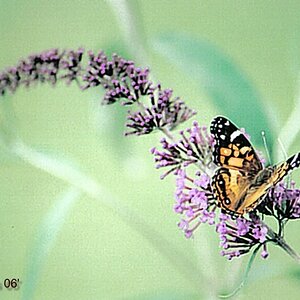D-50
TPF Noob!
- Joined
- Feb 15, 2006
- Messages
- 1,043
- Reaction score
- 0
- Location
- New England
- Can others edit my Photos
- Photos NOT OK to edit
Just wondering what people feel about knowing the nuts and bolts of photography,i.e. what you would learn in a classroom vs just knowing how to take properly exposed and composed shots. I do not necesarily know exactly what is going on inside my camera when Im shooting but I know when a shot will need to be over or underexposed, furthermore I really do not understand the technicalities of metering although I understand the differing results I get when I change my metering mode on my camera. I realize I did not ask much of a question but any thoughts on this topic?


 H
H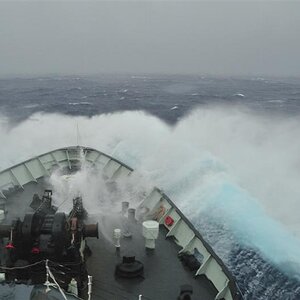
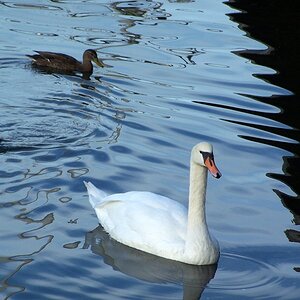
![[No title]](/data/xfmg/thumbnail/32/32699-3434a76363cb383404e00a3cd5ed5728.jpg?1619735601)
